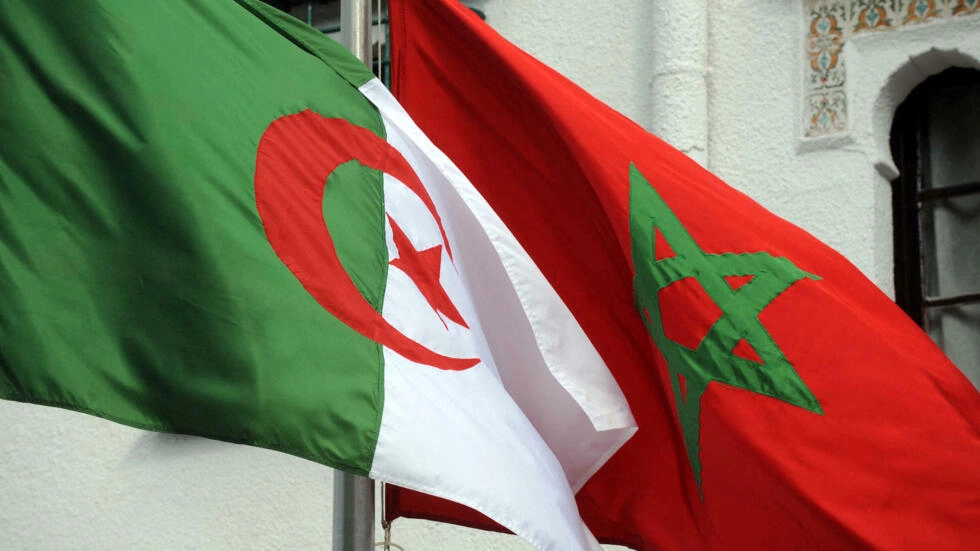Harvesting of the 2017 winter grains will start shortly. Unlike in 2016 when only 2.7 million tonnes of wheat and 600 000 tonnes of barley were harvested mainly due to poor and erratic rains, prospects for the 2017 harvest look very promising. While parts of Morocco suffered from autumn drought up to mid-November 2016, which delayed plantings in some areas, good precipitation later in the season replenished soil moisture, improving yield prospects. The total area planted with winter cereals in the current season is 5.11 million hectares, compared to 3.6 million hectares in the previous year.
Being largely rainfed, cereal production in Morocco is highly variable. Moroccan dams cover only 15 percent of its agricultural land, with rainfed agricultural production accounting for 85 percent of aggregate output.
Wheat imports increased in 2016/17 owing to limited domestic production but expected to decrease in 2017/18
Morocco relies heavily on wheat imports to cover its consumption needs. Morocco’s cereal imports in 2016/17 (July/June) are forecast at 9.1 million tonnes, 23 percent up on 2015/16, of which wheat imports account for about 5 million tonnes. A larger increase in import requirements was limited by ample carryover stocks from the previous year’s above‑average harvest, European Union and Black Sea countries supply most of the common “soft” wheat, while Canada is the traditional supplier of “durum” wheat. In 2017/18, owing to a favourable domestic harvest, imports are foreseen to decline.
In May 2017, the Government announced the increase of the import duty on “soft” wheat from 30 percent to 135 percent. The customs duty will become effective upon publication in the official bulletin and will last until 31 December 2017. Morocco has traditionally used tariffs on wheat imports to protect local producers from foreign competition and revises the duties on a periodic basis depending on the supply/demand situation in the country.
Due to excess milling capacity in Morocco, limited quantities of wheat flour are exported to neighbouring countries.
Food inflation remains moderate
In March 2017 (the last data available), the food inflation recorded a 1.8 percent decrease on a yearly basis. In 2016, food inflation ranged from 0 to 4 percent. In spite of the country’s high import dependency rate, the impact of the changes in international prices on domestic prices is mitigated by Government subsidies of more than 1 million tonnes of the “national flour”, a common wheat of standard quality used to make flour for the low income consumers. The Government covers the difference between the actual price and the guaranteed milling price. The “durum” wheat market is not regulated.














